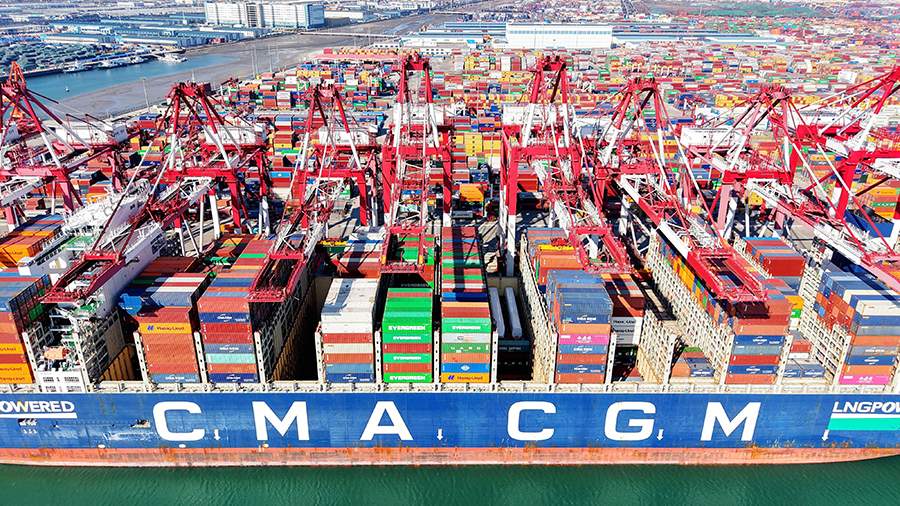An expert assessed Trump's trade policy toward the PRC, Canada, Mexico and the EU
The common element in US President Donald Trump 's actions towards China, Canada, Mexico and the EU is an invitation to dialog from a position of strength. Tigran Meloyan, an analyst at the Center for Mediterranean Studies of the National Research University Higher School of Economics, told Izvestia on February 4.
"There is one common and key element in Trump's actions towards China, Canada, Mexico and the same EU - an invitation to dialog from a position of strength. After such a method is tested and shows its effectiveness, which has already been confirmed by the examples of Panama, Venezuela, Colombia, Mexico and Canada, Trump can smoothly move on to Russia," he said.
Instead of communication and reforming international structures, Trump favors withdrawing from anything that contradicts or is currently not in line with American interests, he said.
"This applies to the Paris climate agreement, the WHO, the UNHRC, and even the WTO. From now on, the U.S. foreign aid strategy will be rare, targeted and selective. At the same time, we have yet to encounter the communicative skills of the "toughest negotiator" in the course of solving the case code-named Ukraine," Meloyan added.
The analyst emphasizes that Trump wants to maintain the elusive unipolar world order, and the U.S. does not need to confront opponents directly: "It is enough for them to force allies to make deals favorable to America. The easier way is to ensure that other countries, such as Canada and Mexico, are completely subjugated. The same goes for controlling the Panama Canal or annexing Greenland."
In the medium to long term, however, this approach is likely to fail.
"It would undermine confidence in American leadership and weaken key international institutions that have long supported American power," he believes. - However, Trump thinks in the logic of the here and now, so the future is the last thing he will worry about. His slot now is in the electoral cycle of American successors."
On the same day, a 10% rate for all goods from the PRC went into effect in the US. The imposition of 25% duties on Mexico and Canada was suspended after both countries announced retaliatory steps.
Prior to that, on February 1, Trump signed an executive order imposing 25% trade tariffs on goods from Canada, China and Mexico. Then he also promised to impose duties on goods from the EU. With this decision, the American leader seeks to reduce the flow of the opioid fentanyl across the border, as well as the flow of migrants.
Chinese economist Andrew Leung, in turn, told Izvestia that the tariffs imposed by Trump on imports of goods from China and Mexico will lead to an increase in consumer prices in the United States itself.
Переведено сервисом «Яндекс Переводчик»


